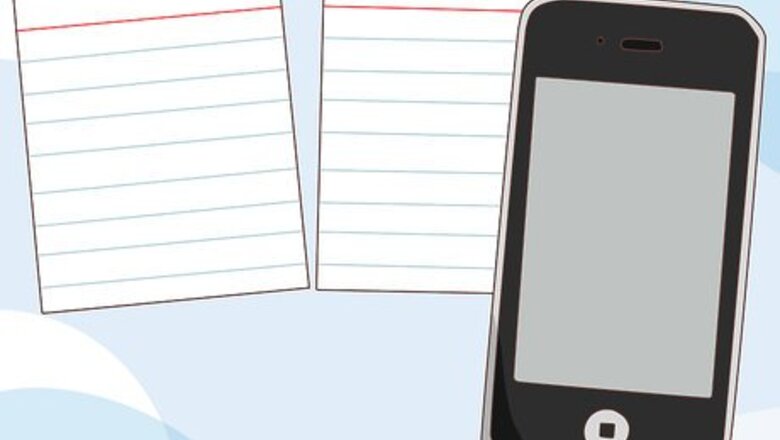
views
Using Flash Cards
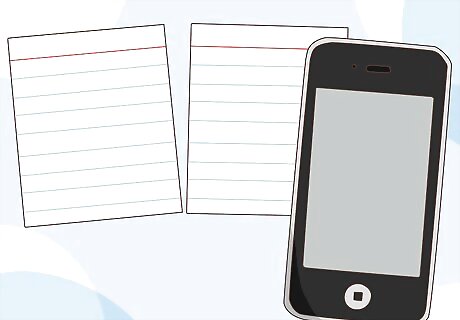
Choose paper or electronic flash cards. Paper flash cards are easy to carry around, and writing by hand may help you memorize the words more than typing. On the other hand, you can't lose a phone app or online tool. Some flash card software even lets you speak the words aloud, then writes the cards for you. If using paper cards, try to find something small that you can carry in your pocket. Cutting index cards in half works well.
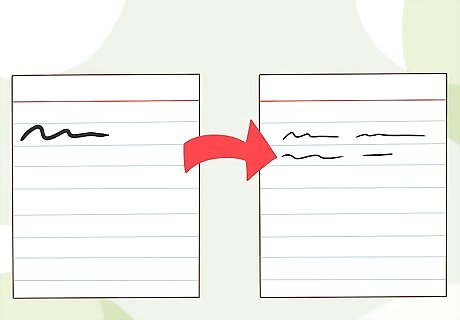
Create the cards. Write the vocabulary word on one side of the card. On the other side, write the definition. Optionally, write out how to pronounce the word, and an example sentence using the word. You can find example sentences by searching for the word online. Try to find an online news article or book, since those are more likely to use the word correctly. Your flashcards don't need to be fancy as long as they help you learn new words.
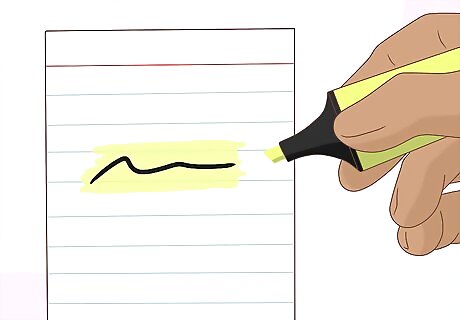
Color code the cards (optional). Color coding can help you sort cards if you're studying a large number at once. Pull out your highlighters and color the word side of the card. Here are a few systems you could use: One color for each vocabulary lesson or chapter. One color for each topic (food words, traveling words, etc.). One color for each part of speech (nouns, verbs, adjectives, etc.).
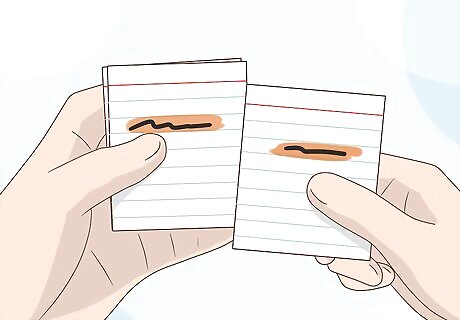
Sort the cards as you test yourself. To test yourself, shuffle the cards and look at the top one. Read the word aloud, then say what you think the definition is. Turn it over and check yourself. Put cards you got right in one pile, and cards you got wrong in another pile. If you're testing yourself on the go, bring along rubber bands to hold the two piles. Most electronic apps have the option to test yourself like this. They may also have games and alternate tests you can use.

Keep testing yourself. Reread the pile of cards you got wrong, on both sides. Shuffle them and test yourself in the same way. Keep setting aside the cards you get wrong, so you can repeat this until there are no cards left. The length of time to do this will vary depending on how many cards you have.
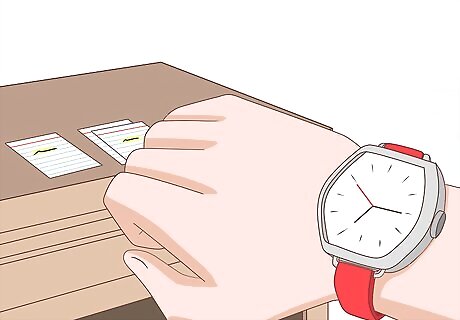
Wait 30–60 minutes and test yourself again. Shuffle all the cards again, but wait a while before testing yourself again. You might be surprised how many you forget. Waiting a short time between tests can help commit the words to your long-term memory. Try tackling 20-50 new words per week if you're learning a new language. Focus on most general and essential words before moving on to more specific ones.
Using Other Methods
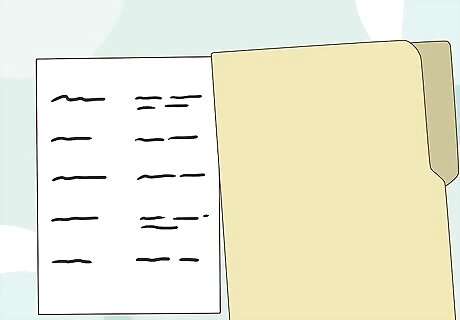
Test yourself with a list. If you're only studying a small number of words, write them down in a vertical list. Write the definition on the same line as each word, on the opposite side of the page. Test yourself by covering the definitions with a folder or book. Read each word aloud and say the definition, then slide the folder down to see whether you got it right.

Memorize by writing or typing. Write or type the word and the definition as many times as you can. Writing usually works better than typing. The muscle memory will help this stick, but keep in mind that this won't help your pronunciation or ability to use the word in a sentence.
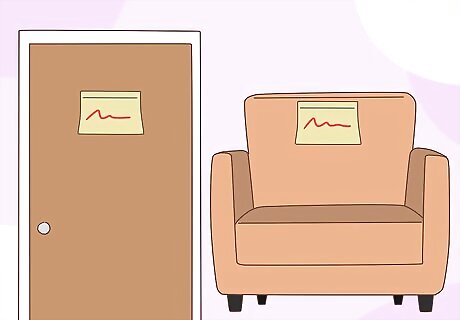
Label everything in your house. If you're learning a foreign language, write the name of household objects on a sticky note, in that language. Over the next few days or weeks, say the name aloud each time you see or use that object. Every once in a while, take down the labels you no longer need and put more labels on other objects.

Make connections between the words and definitions. You'll find it easier to remember a word if you connect it to something else in your mind. It doesn't matter how silly it is; you can use anything that will make you think of the definition. For example, the word "thespian" means "actor." Think of an actor asked to play a spy, doing "the spying'." This works for foreign languages as well, especially ones closely related to your own language. For example, the Spanish word "cine" means "movie theater," just like "cinema" in English.
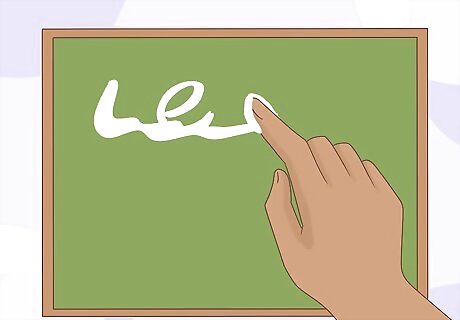
Write in shaving cream. Write the word and definition on a chalk board by dragging your finger through a layer of shaving cream. Wipe the surface flat again and try to write it from memory. Repeat many times. This is mostly useful for teaching someone else, but the physical sensation may help some people learn.
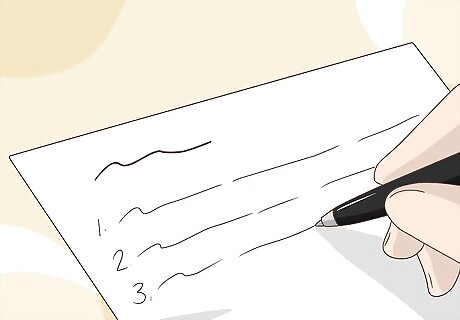
Create new sentences. Write five sentences for each vocabulary word you're having trouble with. You'll get used to using it in a sentence and thus will be more likely to remember the word. If you need to memorize words in a certain order, write a story that uses the words in that order.











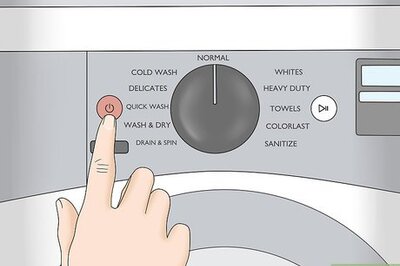








Comments
0 comment